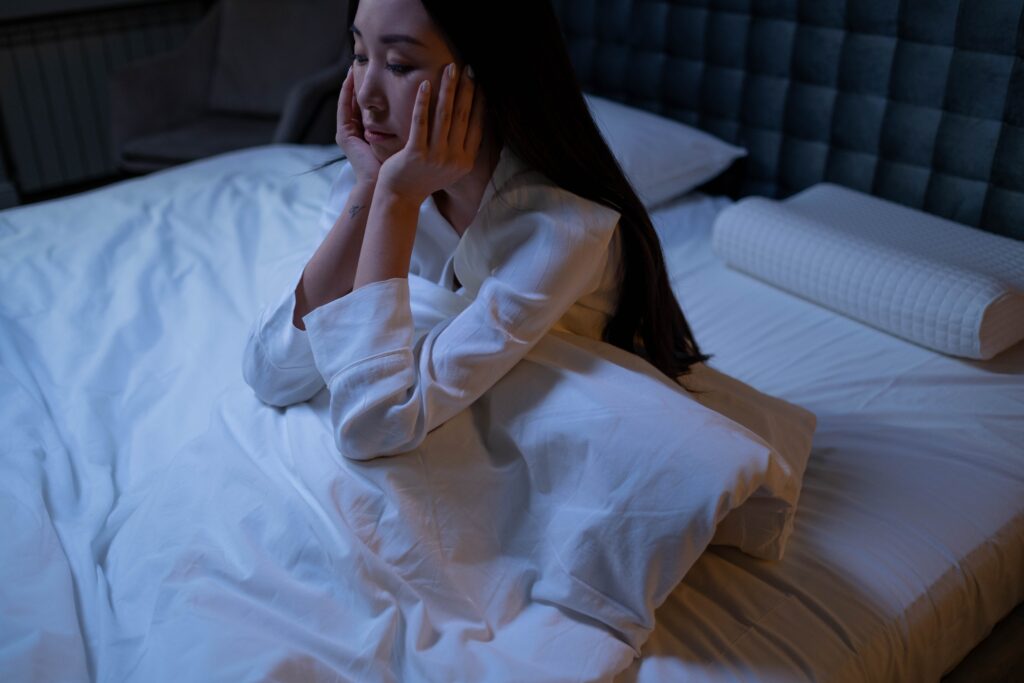
The carnivore diet is a restrictive diet that consists of only meat, fish, and animal products. It has been shown to have many health benefits, including weight loss, improved blood sugar control, and reduced inflammation. However, some people have reported difficulty sleeping on the carnivore diet.
There are a few possible reasons why this might happen. First, the carnivore diet can cause a significant drop in blood sugar levels. This can lead to fatigue and difficulty sleeping. Second, the carnivore diet can cause an increase in levels of the stress hormone cortisol. Cortisol can also interfere with sleep.
If you are struggling to sleep on the carnivore diet, there are a few things you can do to improve your sleep. First, make sure you are getting enough protein. Protein helps to stabilize blood sugar levels and reduce cortisol levels. Second, avoid eating late at night. Eating before bed can make it harder to fall asleep. Third, create a relaxing bedtime routine. This could include taking a warm bath, reading a book, or listening to calming music. Finally, if you are still having trouble sleeping, talk to your doctor. They may be able to help you identify and address any underlying medical conditions that could be interfering with your sleep.
How the carnivore diet can affect sleep
The carnivore diet can affect sleep in a number of ways. First, the diet can cause a significant drop in blood sugar levels. This is because the diet is very low in carbohydrates, which are the body’s main source of energy. When blood sugar levels drop, it can lead to fatigue and difficulty sleeping.
Second, the carnivore diet can cause an increase in levels of the stress hormone cortisol. Cortisol is released in response to stress, and it can interfere with sleep. When cortisol levels are high, it can make it harder to fall asleep and stay asleep.
Tips for improving sleep on the carnivore diet
If you are struggling to sleep on the carnivore diet, there are a few things you can do to improve your sleep. First, make sure you are getting enough protein. Protein helps to stabilize blood sugar levels and reduce cortisol levels. A good rule of thumb is to aim for 0.8 grams of protein per kilogram of body weight.
Second, avoid eating late at night. Eating before bed can make it harder to fall asleep. If you are hungry before bed, try having a small snack of protein and fat, such as a piece of meat or cheese.
Third, create a relaxing bedtime routine. This could include taking a warm bath, reading a book, or listening to calming music. A relaxing bedtime routine can help you wind down and prepare for sleep.
Finally, if you are still having trouble sleeping, talk to your doctor. They may be able to help you identify and address any underlying medical conditions that could be interfering with your sleep.
Additional tips for improving sleep
In addition to the tips above, there are a few other things you can do to improve your sleep on the carnivore diet. These include:
- Make sure you are getting enough sunlight during the day. Sunlight helps to regulate your circadian rhythm, which is your body’s natural sleep-wake cycle.
- Avoid caffeine and alcohol before bed. Caffeine and alcohol can both interfere with sleep.
- Create a dark, quiet, and cool sleep environment. Darkness helps your body produce melatonin, a hormone that promotes sleep.
- Get regular exercise. Exercise can help you sleep better at night. However, avoid exercising too close to bedtime, as this can make it harder to fall asleep.
- See a doctor if you continue to have trouble sleeping. There may be an underlying medical condition that is interfering with your sleep.
Conclusion
The carnivore diet can be a great way to improve your health and well-being. However, it is important to be aware of the potential side effects, including difficulty sleeping. If you are struggling to sleep on the carnivore diet, there are a few things you can do to improve your sleep. By following the tips above, you can maximize the benefits of the carnivore diet and get a good night’s sleep.
